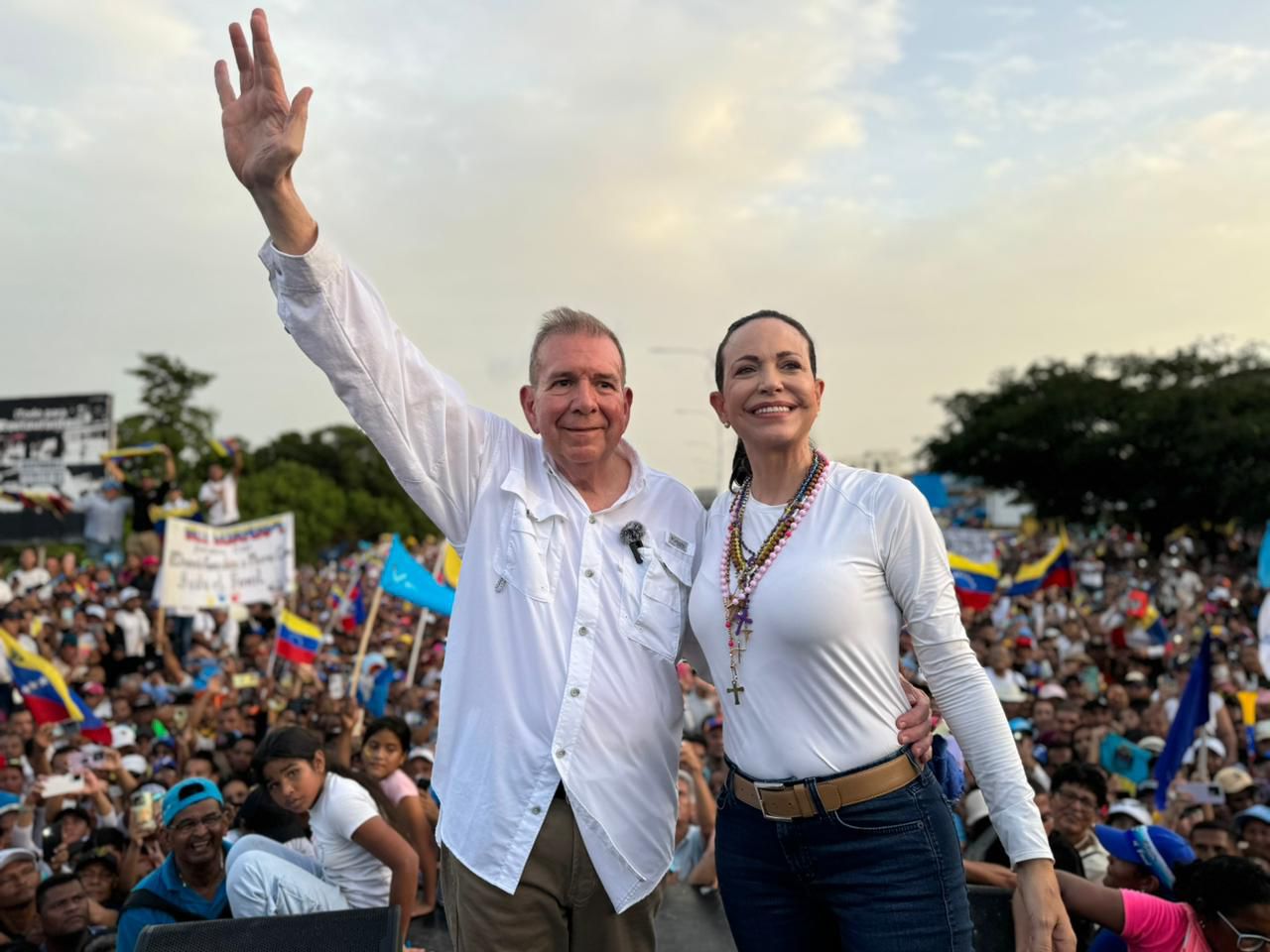The European Parliament’s negotiations on Venezuela are stuck in the recognition of Edmundo González

Negotiations between political groups in the European Parliament seeking a common text on the situation in Venezuela revealed on Tuesday the discrepancy between recognising the opposition candidate in the last presidential elections, Edmundo González Urrutia, as president or only his electoral victory.
A meeting between negotiators on this issue from the main groups in the European Parliament has served to confirm that the European People’s Party (EPP) and the European Conservatives and Reformists (ECR) refuse to lower their position that the European Union should recognise González as legitimate president and that the liberals of Renew Europe and the Socialists and Democrats prefer not to go that far.
In principle, it is the first of these two positions that would garner the most support if the EPP were to rely, in addition to the ECR, on the far-right Patriots for Europe and Europe of Sovereign Nations, the two new groups in the European Parliament following the elections.
These four groups together hold 375 seats in a 720-seat chamber, while the other groups (social democrats, liberals, greens and the left) would have a much harder time getting more yes votes than no votes with their 312 seats.
The European Parliament as a whole is expected to vote on the resolution of the right-wing groups on Thursday, and it remains to be seen whether there will also be an alternative text from the progressive forces, which have many points of agreement.
A social democratic source stressed that his group agrees with “95%” of the resolution proposed by the PP regarding the denunciation of repression, the country’s drift, the wave of arrests and the support of European sanctions against the regime, but that they do not share González’s recognition for “coherence”, “legitimacy” and “usefulness”.
The source pointed out that neither the European Union nor any of its countries individually recognise him as president, while in the international community only Panama and Ecuador do so. Furthermore, they point out that even with “indicators” of what the result could have been, greater legitimacy is needed to make such a recognition.
They also warn that “beyond moral debates” the recognition of Juan Guaidó as interim president of Venezuela in January 2019 with a broad consensus of the European Parliament “has failed” and has not achieved the objectives it sought, in addition to making dialogue with the regime difficult and “poisoning” the EU’s relations with all of Latin America.
This source believes that although a way of sending a political signal of support can be sought, recognition is an “institutional exercise”, while regretting that the position of the European People’s Party is influenced by Spanish domestic politics.
The disagreement was made clear in a debate in Parliament on Tuesday.
PP MEP Dolors Montserrat said during her speech: “Our duty as members of the European Union is to recognise the figure of Edmundo González as the elected president of Venezuela.” She stressed that “Europe must be on the right side of history.”
PSOE MEP Javi López, after denouncing the “non-credible, illegitimate” result of the Venezuelan elections and calling for respect for the will expressed at the polls, added: “Regrettably, every time we talk about Venezuela here, part of the European People’s Party decides to exploit this issue to divide this House.”
He said that the question of Gonzalez’s recognition “will probably divide the House” in the vote on the resolution this week.
Vox MEP Hermann Tertsch said the international community “must do its part” and recognise Edmundo González as the country’s legitimate president. He added that the left in the European Parliament “wants to avoid real pressure on the regime” and “leave everything to a kind of request for good behaviour from the Maduro dictatorship.”
Tertsch expressed confidence that a resolution will be approved that “has what is just and necessary to defend Venezuelans and credibly pressure the dictatorship.”
Esquerra Republicana MEP Diana Riba said: “Unfortunately, what does not matter to the majority of those who today demand virtual recognition and without any real consequences are the Venezuelans.”
He added that the Greens group in the European Parliament, of which he is a member, does care about “Venezuelans, their rights and their freedoms.”
Riba called for the EU to play a “constructive role” and act “to generate tangible changes in the Venezuelan reality.”
The deadline for submitting resolutions ends tomorrow at noon and the texts will be voted on Thursday, also at noon.
Independent journalism needs the support of its readers to continue and ensure that uncomfortable news that they don’t want you to read remains within your reach. Today, with your support, we will continue working hard for censorship-free journalism!
